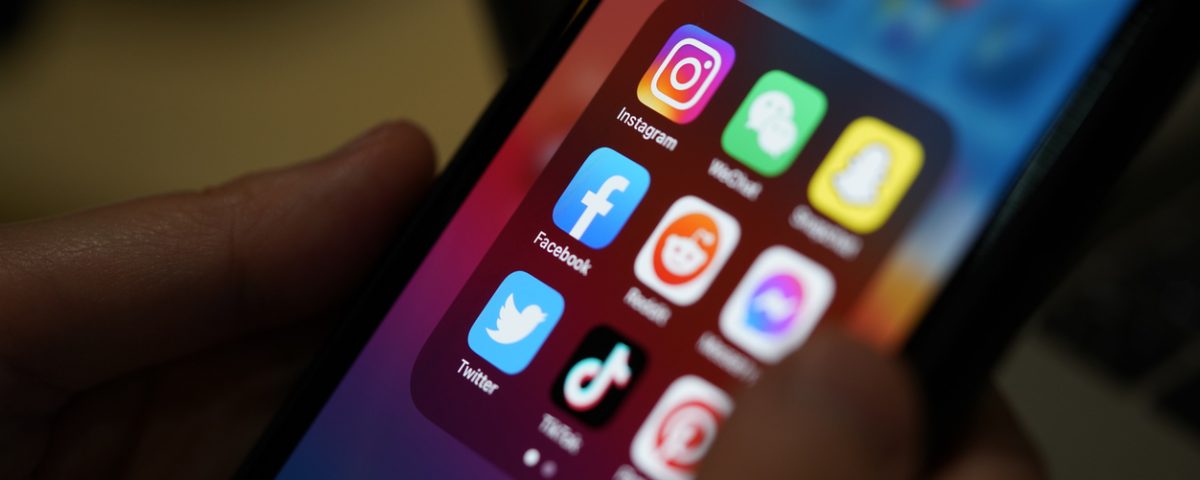How Public Officials Should Handle Social Media

How Educators Can Move Forward Post COVID
June 6, 2022
What Makes a Police Officer
June 20, 2022How Public Officials Should Handle Social Media
Public officials are more available to the public than ever before thanks to the evolution of social media and its broad spectrum. However, as the adage goes, the internet is forever, and a mistake made on an official account can cause a backlash.
Social Media Actions
You must first learn about social media account management to protect your department from negative public opinion. Also, it may help prevent even legal action.
Create a Policy
Before you make your first post, you need a concrete policy detailing what your posts can cover and what comments you allow. Additionally, you must navigate how to deal with comments that violate your rules.
Make sure anyone using your account understands this policy. Additionally, you must make this policy available to the public for transparency.
Be Transparent About Social Media Moderation
Since anyone can comment on a post, you’ll undoubtedly get negative replies. However tempting it may be to delete criticism, you can’t remove comments based on negativity alone. Social media is a public forum and your account represents a government entity. Thus, you must preserve speech protected by the First Amendment.
However, not all speech has that protection. For example, “obscenity” and “true threats” don’t fall under the First Amendment. Deleting these comments and blocking repeat offenders keeps the public forum rich with diverse ideas.
Of course, users may not agree with your decision on what constitutes “obscenity” or “true threats.” You should create a due process to evaluate comments. Then, you can clear criteria to determine whether they fall into these categories. Depending on the platform, you may also consider an appeals process where users can dispute your decision. Should you create such a process, post the information publicly and accessibly.
Make a Clear Separation Between Personal and Official Social Media Accounts
Employees who post using the official account act as your department’s representative. That means their political opinions must take a back seat. Individuals with access to your social media accounts should strictly adhere to a viewpoint-neutral policy when making posts. It also goes for anything they comment on another post. Additionally, they must avoid content that even seems to mock a specific demographic.
Share Conscientiously
What you share or like can get you in as much trouble as a post. Research the contents and the poster before engaging with a post or comment. Liking a seemingly innocuous post by a user with complicated history may be an endorsement of bad behavior. Conscientious sharing takes much longer than mindlessly clicking exciting posts. Alternatively, it can save your department unnecessary scandals that distract from its actual mission.
Limit Access To Official Accounts
Many people can’t handle an official social media account due to personality or lack of marketing and communication experience. As a result, you should limit access to individuals assigned posting and moderation duties. The fewer people access the account, the more control you have over the content. Public Officials Liability and Employment Practices Insurance can only do so much, so it is essential to be careful with what public officials post.
About PGUI
Professional Governmental Underwriters, LLC., is a full-service risk management company dedicated to assisting public, educational and non-profit entities in the management of their professional liability exposures including educators liability insurance. We are dedicated to providing state-of-the-art professional underwriting management and loss control advisory services on behalf of our designated carriers. For more information, contact us via messaging or call us toll-free at (800) 586-6502.


